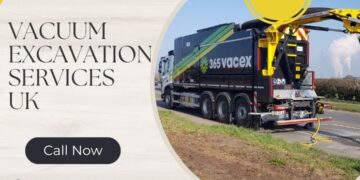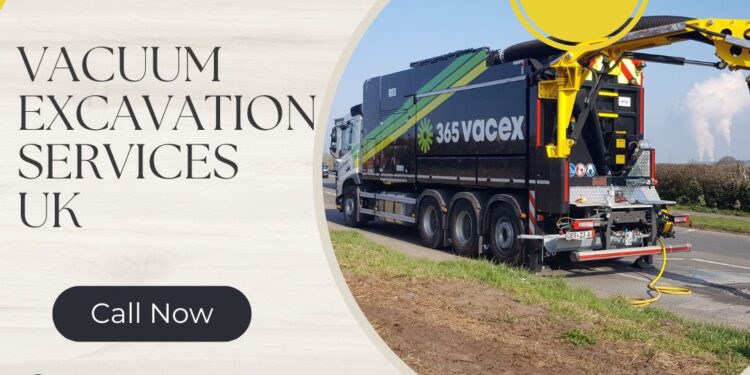Introduction:
Environmental concerns have taken precedence in today’s globe. Every industry is looking for new ways to lower its carbon footprint and impact on the environment. The employment of vacuum excavators is one such emerging innovation. These adaptive machines offer several benefits, not just in terms of efficiency, but also of environmental sustainability. In this blog post, we’ll examine ten compelling reasons why vacuum excavators are better for the environment.
Minimal Soil Disruption:
Traditional excavation methods often involve extensive digging, leading to soil erosion and disruption of the ecosystem. Vacuum excavators, on the other hand, operate with precision, causing minimal disturbance to the surrounding soil and plant life.
Reduced Soil Contamination:
Conventional excavation techniques can introduce contaminants into the soil, affecting its quality and fertility. Vacuum excavators use a non-invasive approach, significantly reducing the risk of soil contamination.
Lower Noise Pollution:
These machines are known for their quieter operation compared to heavy excavation equipment, which helps mitigate noise pollution in residential and urban areas.
Decreased Air Pollution:
Vacuum Excavation UK typically runs on cleaner fuel sources like natural gas or electricity, emitting fewer pollutants into the atmosphere. This results in improved air quality, especially in urban construction sites.
Water Conservation:
Traditional excavation methods often require substantial water usage for dust control and equipment cooling. Vacuum excavators utilize water more efficiently, reducing waste and conserving this precious resource.
Safer Utility Locating:
Accidental damage to underground utilities can have severe environmental consequences. Vacuum excavators are equipped with advanced technology to locate and safely expose utilities, minimizing the risk of leaks or spills.
Lower Energy Consumption:
Modern vacuum excavators are designed with energy-efficient components, reducing overall energy consumption during operation. This aligns with the global push for energy conservation.
Reduced Carbon Emissions:
By using cleaner fuel sources and operating more efficiently, vacuum excavators emit fewer greenhouse gases, contributing to the fight against climate change.
Enhanced Site Restoration:
After completing excavation work, vacuum excavators allow for easier and more effective site restoration, helping to return the area to its natural state more quickly.
Compliance with Environmental Regulations:
Using vacuum excavators often means better compliance with environmental laws and regulations, reducing the likelihood of fines and penalties associated with environmental violations.
Conclusion:
Vacuum excavators are revolutionizing the construction and excavation industry by providing a greener, more environmentally friendly alternative to traditional methods. Their precision, reduced environmental impact, and compliance with sustainability goals make them a valuable asset in protecting our planet. As we continue to prioritize environmental conservation, these machines play a pivotal role in minimizing the ecological footprint of construction projects.





















































